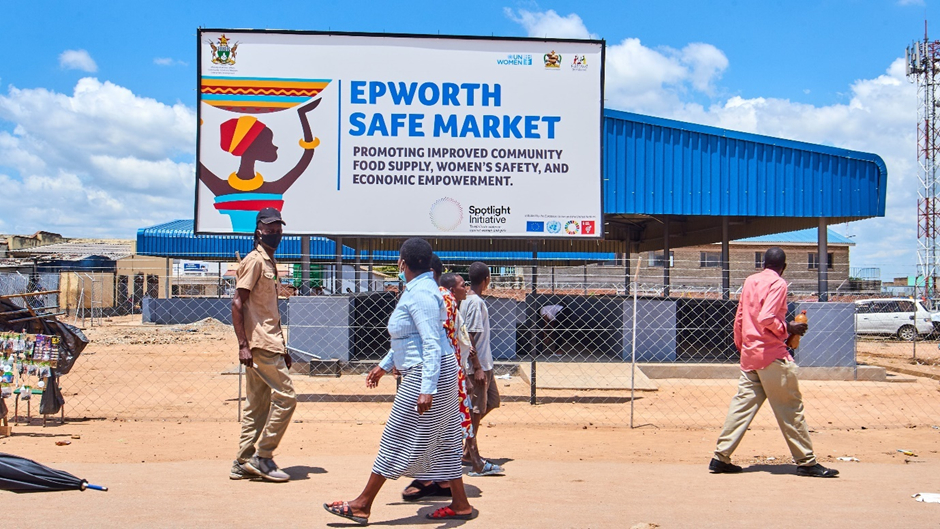
Economic Empowerment and Resilience

Zimbabwe’s economic growth and performance has been mixed. The economy is dependent on the mining and agriculture sectors which comprise approximately 30% of the Gross Domestic Product (GDP). Declining investment in these sectors, in infrastructure and in other key areas has adversely impacted overall economic performance.
Women’s economic empowerment is impeded by their dominance in the informal economy and vulnerable employment; dominance in subsistence agriculture with limited support mechanisms; limited access to and ownership of critical economic resources; limited participation in technological innovation; structural and material inequalities, among others.
The 2019 Labour Force Survey shows that women were less likely to be in paid employment (57.4%) than men (64.8%). Out of the 2.9 million employees in the country, slightly over 1 million are in the agriculture, forestry, and fishing sector, with women being 42% of the workforce in this sector. In the agricultural sector alone, women are 34% of the workforce where they earn less than men. In 2015 women earned about 83% of what their male counterparts earned and in 2017 this dropped to where women earned about 78% of what men earned.
Our work ensures women have income security, decent work, and economic autonomy. Strategic priorities are as follows:
- Promoting women’s participation in key economic value chains (including through financing), with a specific focus on agriculture value chains-cotton and fisheries industries- to expand opportunities for women
- Supporting the development and implementation of macroeconomic policies and practices that advance gender equality and women’s empowerment by working with government, private sector, and relevant IFIs
- Championing women’s increased participation and leadership in green and blue economies and climate-resilient agriculture and technological innovations, such as e-marketing
- Promoting decent and safe work for women in the formal and informal economy
- Strengthening women’s capacity to participate and lead in economic governance